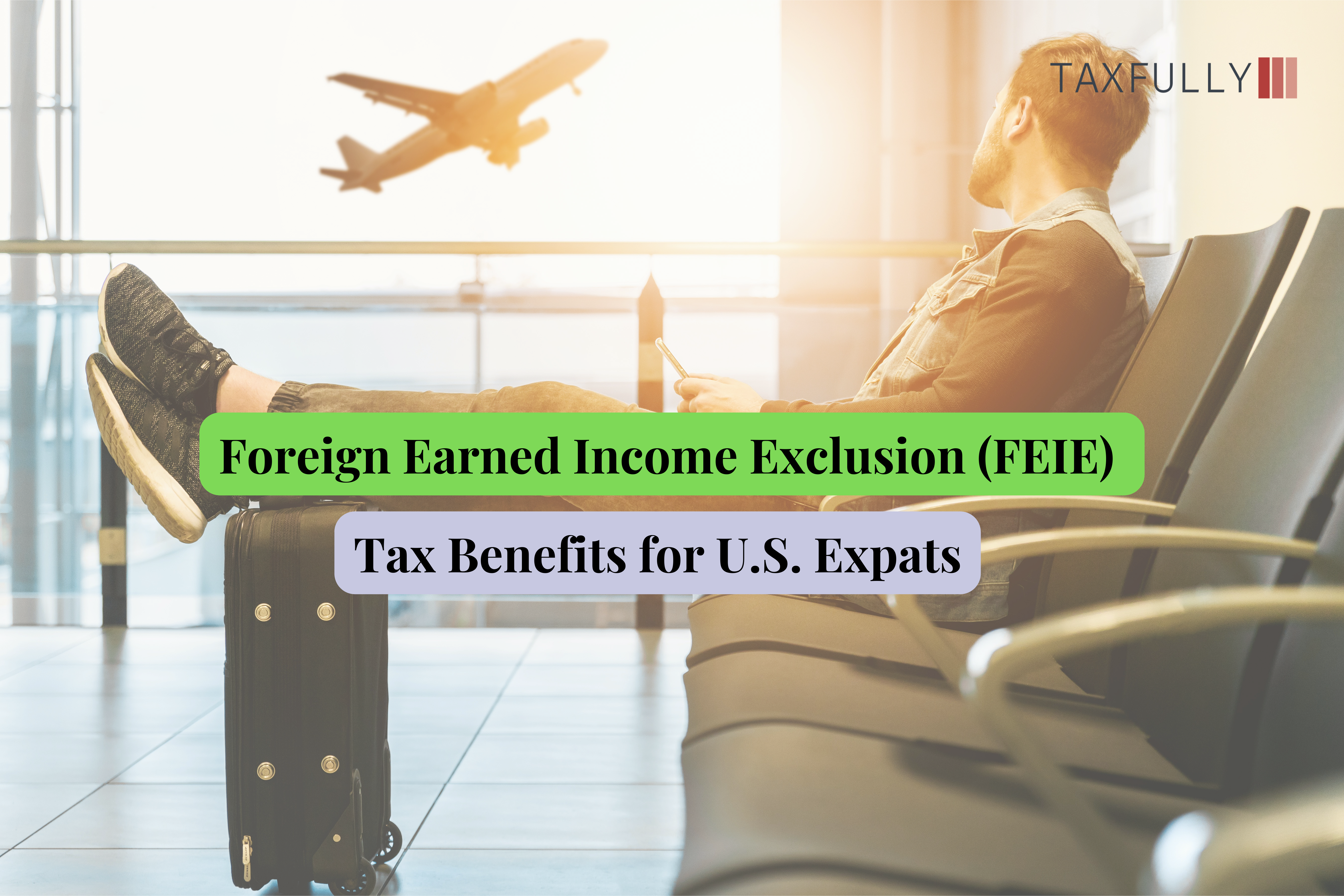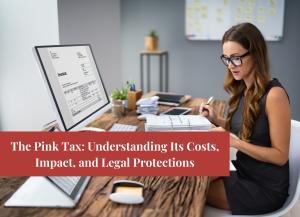If you’re a US citizen living in another country, the Foreign Earned Income Exclusion (FEIE) tax benefit could help you pay way less in US taxes. It’s a big benefit from the IRS. If you qualify, you might not have to pay US taxes on some or all of the money you earn abroad. That means you could owe less or even nothing in taxes to the US on that income.
The Foreign Earned Income Exclusion (FEIE), reported on IRS Form 2555, is a crucial consideration for U.S. citizens and resident aliens (green card holders) who earn income while living abroad. Here’s an overview of the key points:
1. Eligibility for Foreign Earned Income Exclusion (FEIE):
To qualify for the FEIE, the individual must have foreign-earned income, be a U.S. citizen or a resident alien, and meet either the Bona Fide Residence Test or the Physical Presence Test.
2. Bona Fide Residence Test:
This test applies to individuals who are bona fide residents of a foreign country (or countries) for an uninterrupted period that includes an entire tax year.
It considers the taxpayer’s intention, length of stay, and nature of employment, among other factors.
3. Physical Presence Test:
This test is met if the individual is physically present in a foreign country (or countries) for at least 330 full days during a period of 12 consecutive months. The 330 days do not have to be consecutive.
However, you won’t meet the physical presence test if you’re not present in a foreign country for at least 330 full days within a 12-month period, regardless of the reason (such as illness, family matters, vacation, or employer instructions).
4. Exclusion Limits:
The FEIE allows qualifying individuals to exclude a certain amount of their foreign income from U.S. taxation. This amount is adjusted annually for inflation. For 2023, the exclusion limit is $112,000 (subject to change in subsequent years).
5. Requirement to File U.S. Tax Returns:
U.S. citizens and resident aliens are required to file U.S. tax returns, regardless of where they live or where their income is earned.
6. Impact of Time Spent in the U.S.:
Spending too much time in the U.S. can affect eligibility for the FEIE. Generally, if a person spends more than 35 days in the U.S. during the 12-month period relevant for the Physical Presence Test, they may not qualify for the exclusion.
7. Reporting Requirements:
Individuals claiming the FEIE must file Form 2555 or Form 2555-EZ along with Form 1040.
They must report all worldwide income, even if they qualify for the exclusion.
8. Other Considerations:
It’s important to note that the FEIE only excludes earned income from work performed in a foreign country. Other types of income, such as dividends, interest, and pensions, are not eligible for the exclusion.
Additionally, if required, qualifying for the FEIE does not exempt individuals from reporting foreign financial assets on forms like the FBAR (Foreign Bank and Financial Accounts Report).
What is considered not foreign earned income?
- Income from working for the U.S. government or its agencies.
Payment for work done in international waters or airspace, not in another country.
Money received after the tax year following the year you did the work.
Income that’s usually not taxed, like the value of meals and housing provided by your employer.
Payments like pensions, annuities, or social security benefits
What is considered foreign earned income?
Foreign-earned income refers to payments such as wages, salaries, professional fees, or any other compensation received for the personal services you provide.
It’s crucial for individuals working abroad to understand these rules to ensure compliance with U.S. tax laws and to take advantage of the FEIE if eligible. Due to the complexity of these rules, it’s often advisable for taxpayers to seek professional advice tailored to their specific circumstances.
Ready to maximize your FEIE tax benefit while living abroad? Contact Taxfully today for FREE expert advice and start managing your taxes with confidence.




